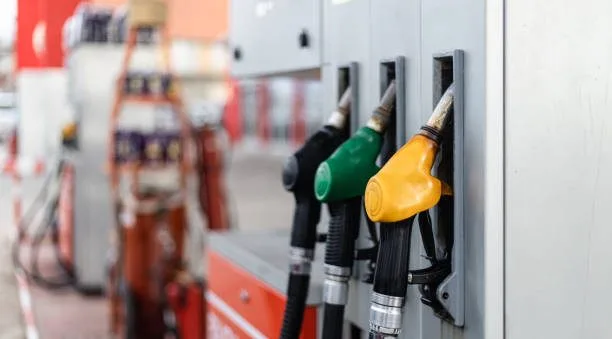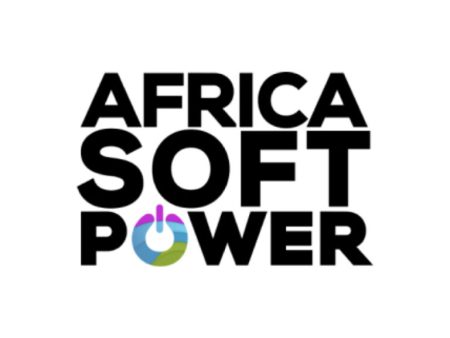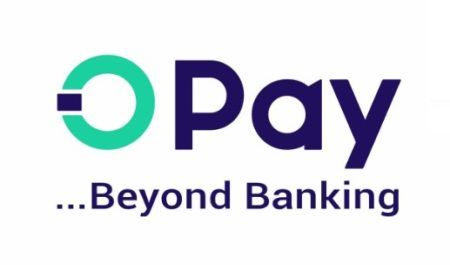The Ghana Revenue Authority (GRA) has announced a postponement of the implementation date for the Energy Sector Shortfall and Debt Repayment Levy, a new tax designed to address mounting debts within Ghana’s energy sector. Originally slated to commence on June 9, 2025, the levy will now take effect on June 16, 2025. This decision follows concerns raised by the Chamber of Oil Marketing Companies (COMAC) regarding the timing of the levy and its potential impact on fuel prices and consumers. The GRA confirmed that the delay was a result of discussions with stakeholders, highlighting a collaborative approach to addressing the concerns of industry players. The levy, which translates to an additional GHC1 per litre on various petroleum products, is intended to generate revenue to tackle the financial challenges facing Ghana’s energy sector.
The postponement provides a brief respite for oil marketing companies and consumers, allowing for further adjustments and preparations for the impending levy. COMAC had previously voiced concerns about the lack of adequate consultation prior to the initial announcement, arguing that such a significant policy change required more comprehensive engagement with the downstream petroleum industry. They fear that the levy could exacerbate existing price volatility and place an additional burden on consumers already struggling with economic pressures. The GRA’s willingness to postpone the implementation demonstrates a responsiveness to stakeholder feedback and a commitment to finding a balance between addressing the energy sector’s financial needs and mitigating the impact on businesses and individuals.
The new levy structure involves significant increases in the rates for several petroleum products. Motor Spirit (Super Petrol), Partially Refined Oil (Naphtha), AGO/Diesel, and Marine Gas Oil (Foreign) will all see their levy rates double, moving from GHC0.95 to GHC1.95, GHC0.95 to GHC1.95, GHC0.93 to GHC1.93 and GHC0.93 to GHC1.93 respectively. Marine Gas Oil (Local) will experience a substantial increase from GHC0.03 to GHC0.23, while Heavy Fuel Oil (Residual Fuel Oil – RFO) will rise from GHC0.04 to GHC0.24. Notably, Liquefied Petroleum Gas (LPG) remains unaffected by the levy, maintaining its current rate of GHC0.73. These adjusted rates will be applicable to all petroleum products not lifted, or purchased and removed from storage, before the revised implementation date of June 16, 2025.
To ensure a smooth transition to the new levy regime, the GRA has implemented specific guidelines for petroleum product transactions. Products lifted by Petroleum Product Marketing Companies (PPMCs) before the June 16 deadline will be subject to the previous, lower levy rates. However, any “cash-and-carry” transactions, where products are lifted on or after June 1, 2025, will be subject to the new, higher levy rates, regardless of the official implementation date. This distinction aims to prevent stockpiling and ensure that the updated levy is applied consistently across the market. The directive, issued by GRA Commissioner-General Anthony Kwasi Sarpong, mandates strict adherence to these guidelines by all ports and fuel stations, emphasizing the importance of uniform implementation across the petroleum sector.
The GRA’s decision to postpone the implementation of the Energy Sector Shortfall and Debt Repayment Levy represents a crucial step in navigating the complex economic landscape of Ghana’s energy sector. By engaging with stakeholders and responding to concerns, the authority is attempting to strike a balance between addressing critical financial challenges and mitigating potential negative impacts on consumers and businesses. The revised implementation date provides an opportunity for further dialogue and adjustments, allowing for a smoother transition to the new levy structure. The specific guidelines outlining the application of the levy to different transaction types further demonstrate the GRA’s commitment to a transparent and equitable implementation process.
This situation underscores the challenges faced by governments in balancing fiscal responsibility with the potential economic impact of new taxes. The energy sector often requires significant investment and faces various financial pressures, leading governments to seek ways to generate revenue and ensure sustainability. However, such measures can have ripple effects throughout the economy, particularly when they affect essential commodities like fuel. The ongoing dialogue between the GRA, COMAC, and other stakeholders highlights the importance of collaborative approaches in developing and implementing policies that impact both the energy sector and the wider economy. The effectiveness of the levy in achieving its intended goals, while minimizing negative consequences, will be a key area of observation in the coming months.














